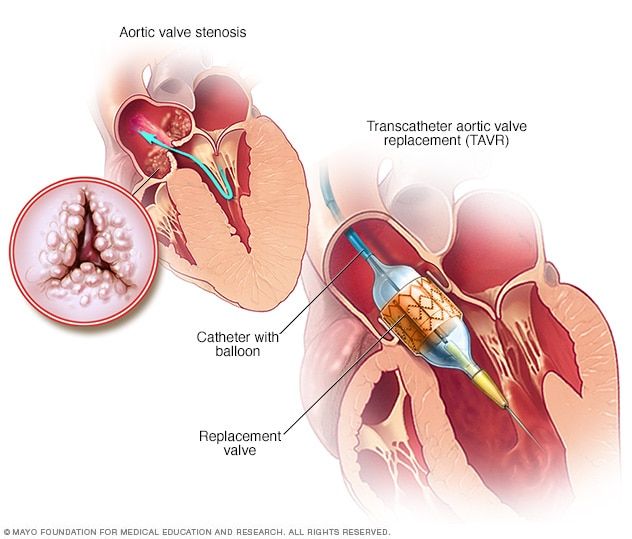
Introduction to Heart Valve Replacement
Overview of Heart Valve Function
Heart valves play a crucial role in ensuring proper blood flow through the heart chambers. They act as gates that open and close with each heartbeat, allowing blood to move in the right direction. The four valves – the mitral, tricuspid, aortic, and pulmonary valves – work together to maintain the heart’s functionality. Any malfunction in these valves can disrupt the blood flow, leading to potentially serious health issues.
Common Conditions Requiring Valve Replacement
Valve replacement becomes necessary when one or more heart valves are damaged or diseased. Some common conditions that may necessitate valve replacement include valvular stenosis (narrowing of the valve opening) and valvular insufficiency (leaky valve). These conditions can strain the heart, leading to symptoms like chest pain, fatigue, shortness of breath, and even heart failure. Valve replacement surgery aims to restore normal blood flow and alleviate symptoms, improving the patient’s quality of life. It is a critical procedure that requires careful evaluation and expert medical intervention to ensure the best possible outcomes.
Types of Heart Valve Replacement Procedures
Mechanical Valve Replacement
When it comes to heart valve replacement, one option is mechanical valve replacement. This procedure involves surgically removing the damaged heart valve and replacing it with a mechanical valve made of durable materials like titanium or carbon. Mechanical valves are long-lasting and resilient, but they require the patient to take blood-thinning medications for the rest of their life to prevent blood clots from forming. Regular monitoring and follow-up care are essential to ensure the mechanical valve functions properly and the patient’s health is maintained.
Tissue Valve Replacement
Another option for heart valve replacement is tissue valve replacement. In this procedure, the damaged valve is replaced with a biological tissue valve usually made from animal tissues or, in some cases, donated human tissues. Tissue valves do not require long-term blood-thinning medications like mechanical valves, making them a more convenient option for some patients. However, they may not last as long as mechanical valves and may need to be replaced in the future. Close monitoring by healthcare providers is crucial to detect any changes in the tissue valve’s function and ensure timely intervention if needed.
Preparing for Heart Valve Replacement Surgery
Diagnostic Tests and Evaluations
Prior to heart valve replacement surgery, patients will undergo a series of diagnostic tests and evaluations to assess their overall health and the condition of their heart valves. These tests may include echocardiograms, electrocardiograms, chest X-rays, and blood tests. The results of these tests will help the healthcare team determine the most suitable type of valve replacement and create a personalized treatment plan for the patient.
Preoperative Instructions and Guidelines
Patients scheduled for heart valve replacement surgery will receive detailed preoperative instructions and guidelines to follow. This may include information about fasting before the surgery, medications to take or avoid, and other preparations needed before the day of the procedure. It is crucial for patients to adhere to these instructions carefully to ensure the surgery goes smoothly and reduce the risk of complications. Additionally, patients will be advised on what to expect during the recovery period and any lifestyle changes that may be necessary post-surgery. Open communication with the healthcare team is essential to address any concerns and ensure a successful outcome.
The Heart Valve Replacement Surgery Process
Before proceeding with heart valve replacement surgery, patients must understand the detailed process involved. The surgery typically consists of several key stages that healthcare professionals carefully navigate to ensure a successful outcome.
Anesthesia and Incision
Patients undergoing heart valve replacement surgery will first be administered general anesthesia to induce a deep sleep-like state, ensuring they feel no pain during the procedure. Once the patient is unconscious, the surgeon will make an incision in the chest to access the heart, providing a clear view of the faulty valve that needs replacement.
Valve Removal and Replacement Techniques
During the surgery, the damaged heart valve is carefully removed by the surgeon. Various techniques may be employed depending on the type of valve replacement needed. The new valve, which can be mechanical or biological, is then placed securely in the heart to regain proper functioning and blood flow.Understanding these critical steps in the heart valve replacement surgery process can help patients prepare mentally and physically for the procedure ahead. It is essential to follow medical recommendations closely and communicate openly with the healthcare team throughout the entire process to ensure the best possible outcome.
Also Read: Understanding Aortic Regurgitation: Causes, Symptoms
Recovery and Rehabilitation After Heart Valve Replacement
Postoperative Care in the Hospital | Cardiac Rehabilitation and Lifestyle Changes
Patients who have undergone heart valve replacement surgery need to focus on the crucial phases of recovery and rehabilitation that follow. The immediate postoperative period in the hospital is critical in ensuring a smooth recovery process. Healthcare professionals will monitor the patient closely, manage pain, and watch for any signs of complications.During postoperative care in the hospital, patients will receive medications to prevent infection, manage pain, and support the healing process. Physical therapy may also be initiated to help regain strength and mobility. It is essential for patients to follow all postoperative instructions provided by the medical team to promote optimal healing and recovery.Once discharged from the hospital, cardiac rehabilitation becomes a key aspect of the recovery journey. This phase involves a structured program of monitored exercise, dietary guidance, and lifestyle modifications to promote heart health and overall well-being. By participating actively in cardiac rehabilitation and making necessary lifestyle changes, patients can enhance their recovery and reduce the risk of future heart issues.
